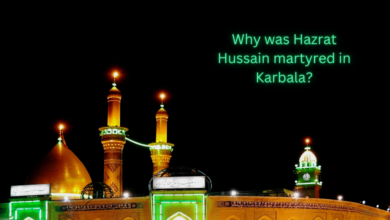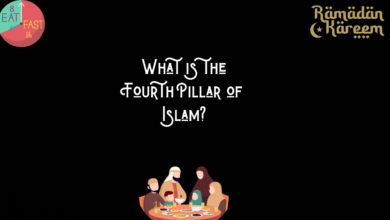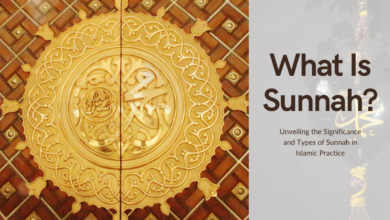Is astrology haram in Islam?
Navigating the Controversy: Astrology's Status in Islamic Thought
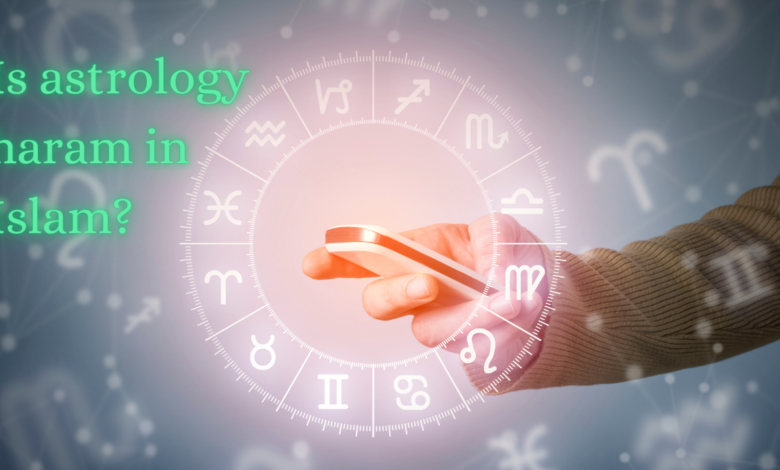
Is astrology haram in Islam?
Yes, astrology is generally considered haram in Islam. It involves beliefs and practices that contradict Islamic teachings and principles.
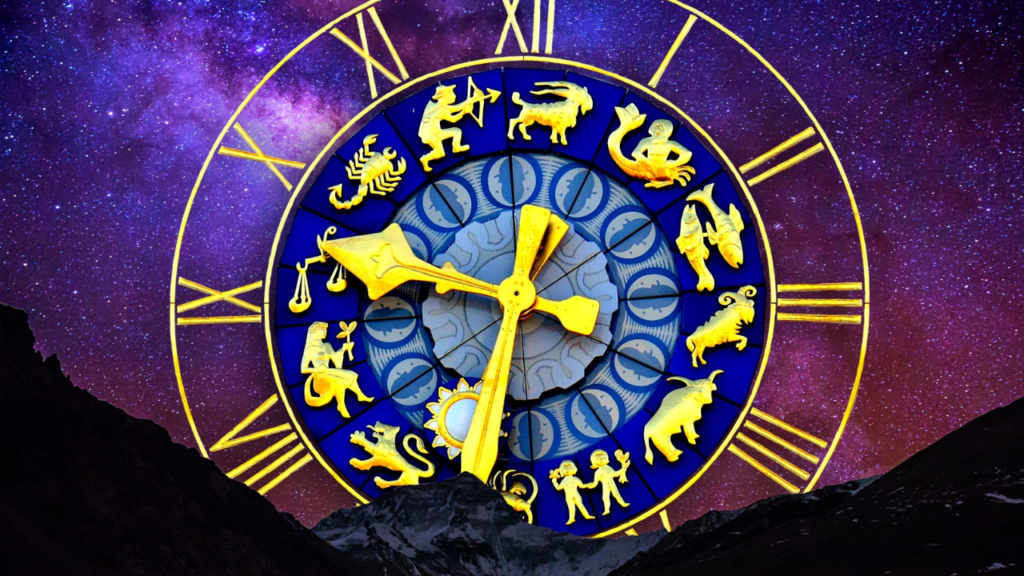
Introduction
Astrology, the study of celestial bodies’ positions and their potential influence on human affairs and natural phenomena, has intrigued civilizations for centuries. However, when it comes to Islam, the discussion around astrology becomes nuanced due to religious beliefs and interpretations. The question of whether astrology is considered halal (permissible) or haram (forbidden) in Islam has sparked debate among scholars and believers. In this article, we will delve into the different perspectives within Islam regarding astrology, considering both the arguments for its permissibility and those against it.
The Basis of Islamic Beliefs
Before addressing the topic of astrology, it is essential to understand the foundations of Islamic beliefs. Islam is a monotheistic religion based on the teachings of the Quran, believed to be the word of God as revealed to the Prophet Muhammad. Islamic jurisprudence is derived from the Quran and the Hadith (sayings and actions of the Prophet), and it forms the basis for understanding what is halal and haram in various aspects of life.
Also check
- How many Muslim leave Islam every year?
- What does A.S mean in Islam?
- Common Misconceptions about Islam
- what do Islam celebrate at christmas?
- What is dunya in Islam?
Astrology and its Claims
Astrology proposes a connection between celestial bodies’ positions and events on Earth, including individual destinies and personalities. Astrologers suggest that one’s birth date and the positions of the stars and planets at that time can reveal information about their character, relationships, and life events.
Islamic Arguments Against Astrology
- Shirk (Associating Partners with Allah): One of the primary concerns raised by those who consider astrology haram is the potential for shirk. Islam strictly forbids associating partners with Allah and emphasizes the belief in His sovereignty. Some argue that astrology’s claims of celestial bodies influencing human affairs could be seen as attributing power and control to entities other than Allah, which goes against the monotheistic principles of Islam.
- Contradiction with Predestination (Qadar): Islam teaches the concept of Qadar, which is the belief that Allah has preordained everything that will occur in the universe. Believing that celestial bodies have a direct impact on human lives could be seen as contradictory to the concept of Qadar, as it implies that celestial bodies have the power to alter or influence predestined events.
- Lack of Empirical Evidence: Critics of astrology within the Islamic context argue that it lacks empirical evidence to support its claims. Islam encourages the use of reason and knowledge, and many scholars feel that astrology’s predictions are vague and lack consistency, making it unreliable as a source of guidance.
Islamic Arguments for Permissible Astrology
- Permissible Forms of Knowledge: Some scholars argue that not all forms of astrology are inherently haram. They distinguish between astronomy, which is the scientific study of celestial bodies, and astrology, which makes claims about their effects on human lives. Permissible astrology, in this view, could be limited to using astronomical calculations for purposes such as determining the direction of prayer (Qibla) or establishing the beginning of Islamic months.
- Cultural and Symbolic Interpretations: Proponents of a more lenient stance towards astrology argue that some individuals engage with it as a form of cultural or symbolic practice rather than a belief in its predictive power. As long as these practices do not contradict Islamic beliefs and do not lead to shirk, they might be considered permissible as expressions of cultural identity.
- Metaphorical Interpretation: Some scholars suggest that the Quran contains verses that can be metaphorically linked to celestial bodies, acknowledging their role in the universe without attributing them with influence over human affairs. This interpretation allows for a more nuanced view of astrology that doesn’t directly contradict Islamic beliefs.
Conclusion
The question of whether astrology is haram or halal in Islam is far from settled, as different scholars and believers hold varying viewpoints. While some argue that astrology’s claims of influencing human lives contradict core Islamic beliefs, others contend that it can coexist with Islam when approached in a cultural, symbolic, or metaphorical manner. As with many complex issues in Islam, the interpretation of astrology’s permissibility is influenced by a range of factors including individual beliefs, cultural context, and scholarly opinions. Muslims seeking guidance on this matter are encouraged to consult with knowledgeable scholars and make their decisions based on a thorough understanding of Islamic teachings.

Frequently Asked Questions about Astrology and Its Status in Islam
Is astrology considered haram (forbidden) in Islam?
Yes, astrology is generally considered haram in Islam. It involves beliefs and practices that contradict Islamic teachings and principles.
Why is astrology considered haram in Islam?
Astrology involves the belief that celestial bodies and their positions have a direct influence on human lives and events. This contradicts the Islamic belief in Allah’s sole control over destiny. It can lead to shirk (associating partners with Allah) by attributing power to created entities rather than acknowledging Allah’s supreme authority.
What does Islamic theology say about determining one’s fate through astrology?
Islamic theology emphasizes that only Allah knows and controls the future and the destiny of individuals. Relying on astrology to determine one’s fate implies a lack of trust in Allah’s wisdom and plan for each person.
Can Muslims read horoscopes for fun without believing in them?
Even reading horoscopes for fun is discouraged in Islam because it involves engaging with the concepts of astrology, which can indirectly promote belief in the influence of celestial bodies on human lives. It’s best to avoid such practices entirely.
Are there any authentic Islamic texts that specifically address astrology?
Yes, several authentic hadiths (sayings of the Prophet Muhammad) clearly discourage astrology and its related practices. These texts emphasize reliance on Allah alone for guidance and provision.
What is the difference between astronomy and astrology in Islam?
Astronomy is the scientific study of celestial bodies and the universe. It is generally permissible and even encouraged in Islam to explore the wonders of the universe through astronomy. Astrology, on the other hand, involves beliefs about the influence of celestial bodies on human lives and is considered haram.
Can seeking guidance from astrologers be considered shirk?
Seeking guidance from astrologers or relying on their predictions can lead to shirk, as it assigns power and knowledge to created beings rather than to Allah. Muslims are urged to seek guidance through prayer, supplication, and trust in Allah’s wisdom.
Are there any exceptions in which astrology might be allowed in Islam?
No, astrology is generally not permissible in Islam, regardless of the context or intention. The core belief that celestial bodies influence human affairs contradicts Islamic monotheism.
What should Muslims do if they have previously been involved in astrology?
If a Muslim has previously engaged in astrology, they should repent and seek Allah’s forgiveness. They should also strive to educate themselves about Islamic teachings and avoid such practices in the future.
How can Muslims protect themselves from the influence of astrology?
Muslims can protect themselves by deepening their understanding of Islamic beliefs and relying solely on Allah for guidance and provisions. Engaging in regular prayers, seeking knowledge, and staying connected to the teachings of the Quran and Sunnah are effective ways to strengthen their faith and resist the allure of astrology.

